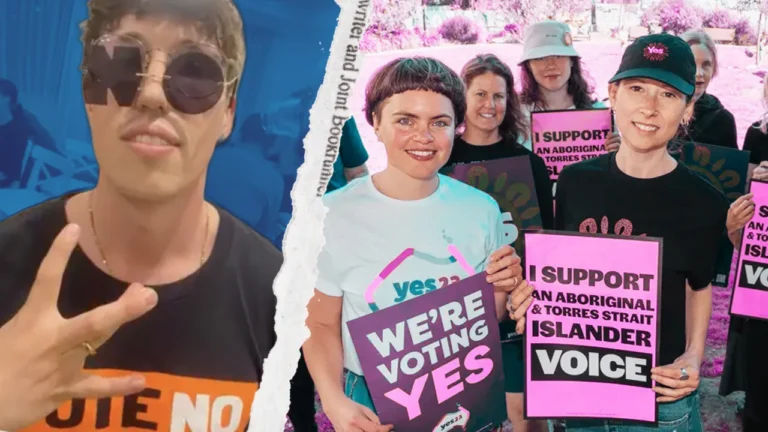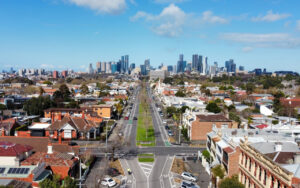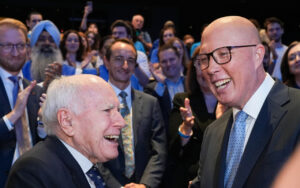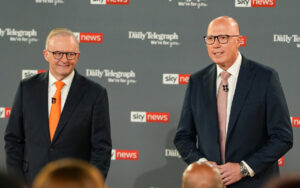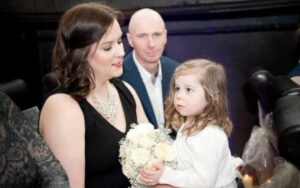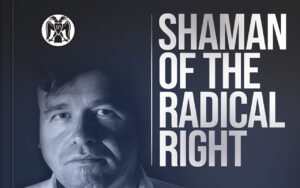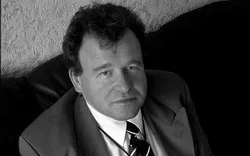Across the globe it is becoming increasingly apparent that the politics of young people are vastly different from generations past. We are eschewing the traditional party divides that have dominated western politics for over a century, and this is often seen as disengagement from the political process. Whilst party politics may not be the mechanism by which Generation Z actualises its political ideals, movements like Rising Tide and Students for Palestine have gained traction among high school and university students. These public displays of youthful progressivism have led many to develop the notion that Generation Z is irredeemably left-wing.
Many have preached about the existential crisis facing the Australian right wing because of the progressive slant young people are sliding down. This was further reinforced by the 2022 federal election, where the election of Anthony Albanese as prime minister can be attributed in some part to weak support for the Coalition among young people. Only 1 in 4 young people cast a vote for the Liberal Party. With the mandate of the people, Albanese went on to hold one of the most expensive referenda in Australia’s history, to determine whether Aborigines should have a “Voice” to parliament. It was widely predicted that young people would drive the Yes vote to victory.
There is no doubt that Generation Z leaned strongly toward the Yes position, with the 18–24-year-old age bracket recording the highest Yes vote across the nation. But new research by the Institute of Public Affairs (IPA) suggests that the data hides a trend among Generation Z which bodes strongly for the future of Australian conservatism. The Yes vote was notably strong with 18–24-year-old women (74%), but the same can not be said for 18–24-year-old men, who recorded a majority (55%) for the No case. This represents a 29-percentage point gap between the vote of women and men, by far the largest gender gap of any age group examined. A smaller, yet significant, gap is seen between men and women in the 25-34 age bracket, but older age groups show only small, if any, difference between the voting intentions of men and women.
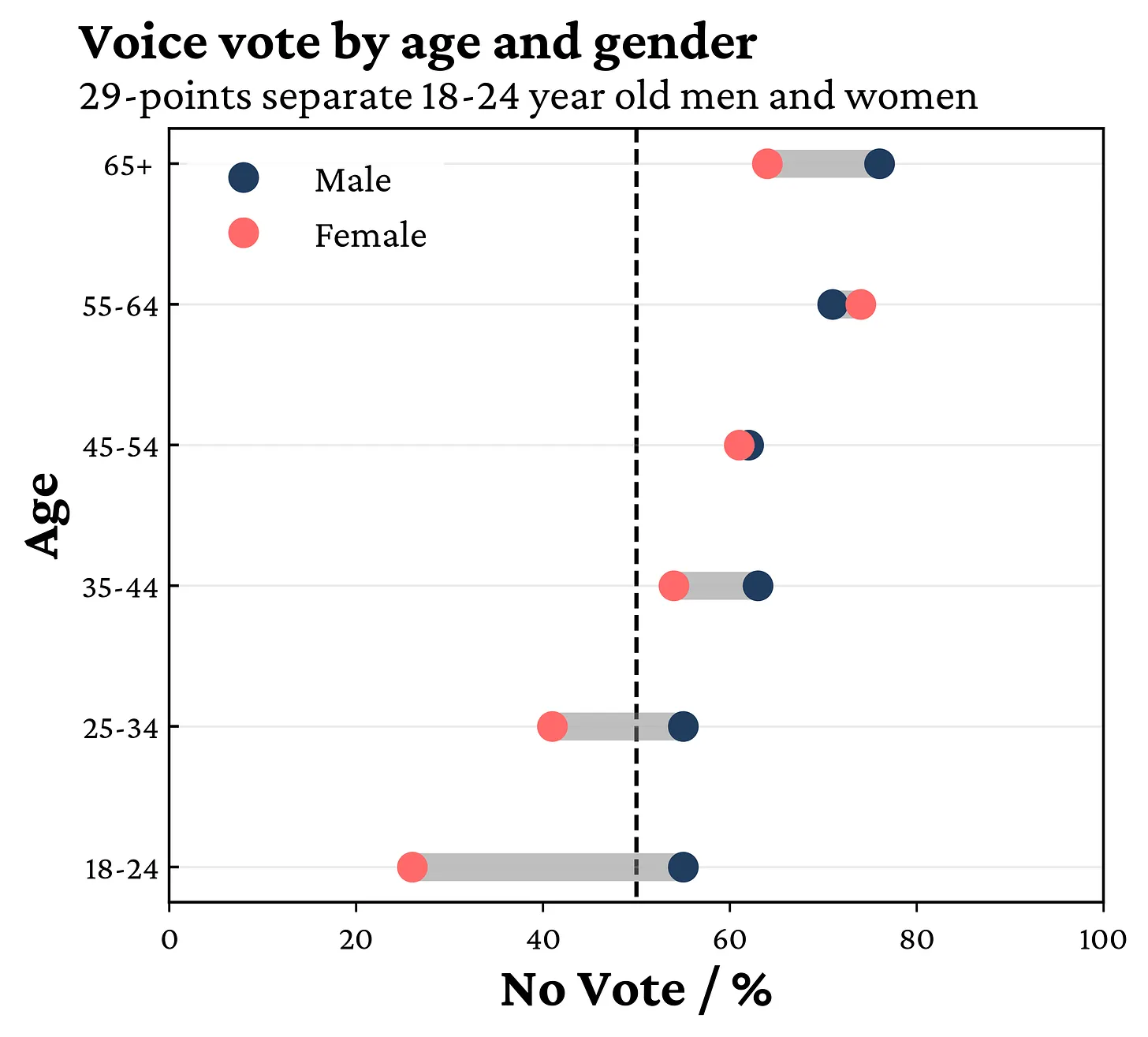
These differences appear to have gone widely unreported. Legacy media narratives around the politics of young people still focus on their progressive credentials, seemingly wilfully ignorant of the stark gender divisions among our generation that this research demonstrates. When it comes to a vote on specific issues, younger Australian’s don’t speak with one voice. Ignoring the results of young men would be a mistake for the Australian right. A 29-point gap suggests Australia could be headed on a similar trajectory to young people in Europe and the United States. Recent elections across Europe, particularly in Germany, Austria, and France, have demonstrated that Generation Z men tend to favour right-wing politics. Parties such as the Alternative for Germany have garnered significant support with young men, propelling them to top the youth vote in the recent Thuringia state election. Similarly in the United States, there has been increasing support among young people towards Donald Trump in the lead up to the 2024 election, with many polls suggesting he is outpolling Kamala Harris among young men.
Yet in Australia our political landscape appears devoid of a party competent enough to capitalise on this trajectory. The major parties continue to offer weak policy proposals on issues that affect young people, from housing and immigration to the environment and wages. Instead, they spend their time pandering to immigrants and retirees. Minor right-wing parties are even more guilty of this with an aging voter base occupied with combatting ‘woke’. The only party talking to young people seems to be the Australian Greens, yet the IPA’s work also suggests they are not attracting young men.
The IPA’s research examined the voting intention of young people at the next federal election, and again significant difference can be seen in the voting intention of young men and young women. Whilst overall 18–24-year-olds are the most progressive generation, showing strong support for the Greens and weak support for the Coalition, the gender gap is again abundantly clear. Women aged 18-24 reported that nearly 3 in 5 would support the Greens, whilst only 1 in 5 young men intend to vote the same way, a difference of almost 40%.
Once again it is clear that it is young women who are leading the charge toward progressivism, not young men. Quite clearly, The Greens aren’t the major party alternative young men are looking for. In fact, a near equal distribution of the voting intentions of young men among the Coalition, Labor, the Greens and Other (with a slight preference to the Coalition), suggests there is no one party which serves the needs of young men. The IPA reports that young male voters responding ‘Other’ tended to favour minor right-wing parties like the Libertarians and One Nation, whilst women and particularly older women, favoured the Teal independents. A competent Young Liberal movement would be able to capitalise on this ambivalent voter base, yet are left straddled with leadership apathetic with the idea of expanding their reach to young men.
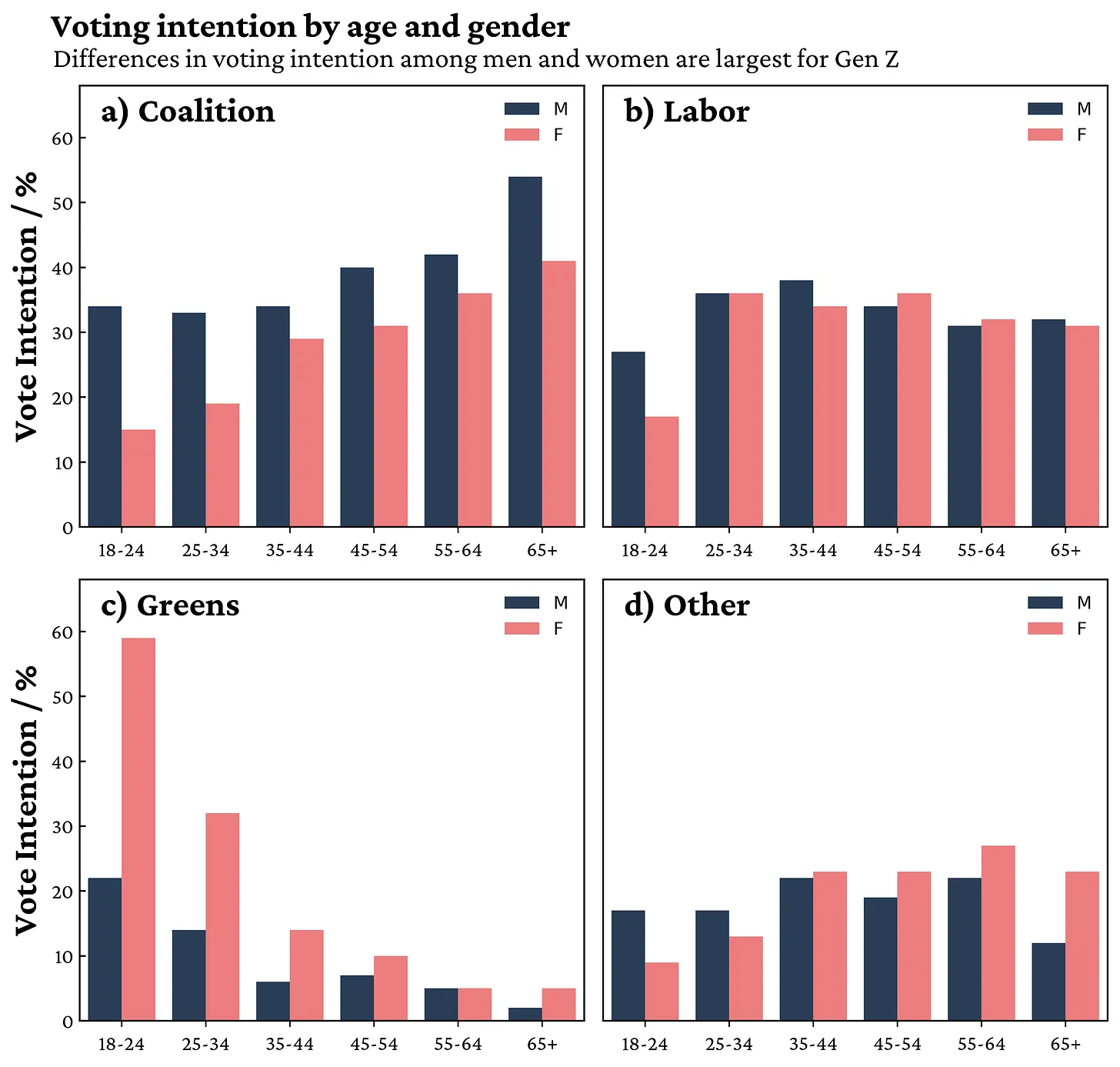
Australia’s politics is often seen as boring compared to what we are seeing play out in Europe and America — and for good reason! A long history of a naturally conservative electorate has given Australians comfort in relative political stability. Unfortunately, the one thing young people can agree on is that the current system has festered for too long and is inadequate to meet the needs of Australia’s future, yet a self-indulgent political class seems unable to recognise this. Australia’s left is mobilising towards the prospect of a generational shift in ideology which could ultimately change Australia’s politics, but this recent data suggests that the “progressive youth” label may be a misleading one, particularly for young men. For conservatives to capitalise on this, they must be willing to be a little controversial, break the mould of what it means to be an Australian politician and present a future that addresses the concerns of young Australian men.
All this is to say that the right should not be in despair about the future, in fact it presents a strong opportunity for us. What these Voice results clearly show is that young men are far more politically homeless than the media would like to admit. In the face of a changing world, we are grappling with what a future for us might look like. If the right can move the Australian political narrative beyond taxes, small government and the Labor Party, toward Australia’s future, there are a generation of young men out there that just might find a political home. And let’s be honest, when you have quality young men trending right, do we really need the women?
This article was written by Flynn Holman for The National Observer, and is republished by The Noticer with permission. Find more of his content on ? @Flynn_Holman_.
Header image credit: The National Observer
